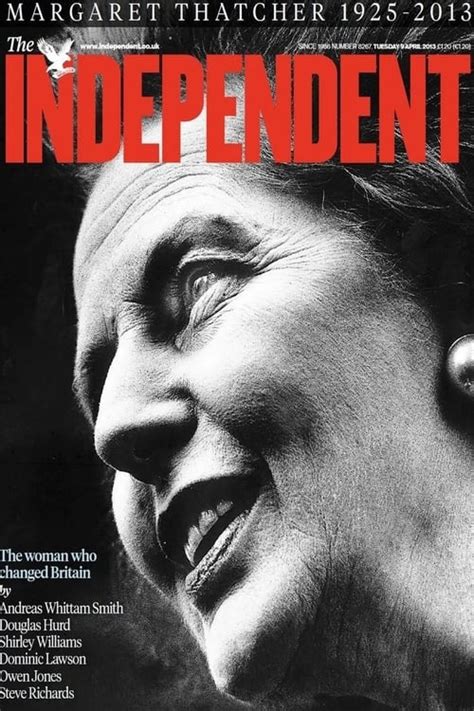Margaret Thatcher: The Woman Who Changed Britain

Description:
Margaret Thatcher: The Woman Who Changed Britain is a compelling documentary that delves into the life and legacy of one of the most influential political figures of the 20th century. The film provides an in-depth look at Thatcher's rise to power, her controversial policies, and her lasting impact on Britain and the world. Through archival footage and expert interviews, the documentary paints a complex portrait of the 'Iron Lady' and her transformative role in modern history.Keywords:
Margaret Thatcher, Documentary, Biography, Politics, History, LeadershipHow did Margaret Thatcher change Britain?
Margaret Thatcher, as Prime Minister from 1979 to 1990, transformed Britain through her policies known as "Thatcherism." She implemented significant economic reforms, promoting free-market principles, privatizing state-owned industries, and reducing the power of trade unions. Her government prioritized reducing inflation and curbing public spending, which led to economic growth but also increased unemployment and social unrest. Thatcher's leadership style and strong stance against the Soviet Union helped reshape Britain's global position, emphasizing a more assertive foreign policy.
What did Margaret Thatcher do that was controversial?
Margaret Thatcher, the UK's first female Prime Minister, was a highly controversial figure due to her strong conservative policies. Her economic reforms, known as "Thatcherism," included reducing the power of trade unions, privatizing state-owned industries, and implementing austerity measures, which led to significant unemployment and social unrest. Additionally, her foreign policy, particularly the Falklands War and her close relationship with the United States, sparked debate. Critics argue her policies widened social inequality, while supporters credit her with revitalizing the British economy.
What caused the downfall of Margaret Thatcher?
Margaret Thatcher's downfall was primarily caused by growing discontent within her own party and the public due to several factors. Key among these was the unpopular Poll Tax, which led to widespread protests and loss of support. Additionally, her leadership style became increasingly divisive, alienating colleagues and party members. The Gulf War initially bolstered her popularity, but subsequent economic challenges and a lack of consensus on her policies ultimately led to her resignation in 1990, after losing the confidence of her party.
Was the Queen unhappy with Margaret Thatcher?
In "Margaret Thatcher: The Woman Who Changed Britain," it is suggested that the relationship between Queen Elizabeth II and Margaret Thatcher was complex and at times strained. The Queen reportedly had concerns about Thatcher's policies and leadership style, particularly her handling of certain issues like the miners' strike and the Falklands War. While they maintained a formal relationship, there were indications of differing views on governance and national identity, which contributed to a sense of unease between them.
Explore More Categories: